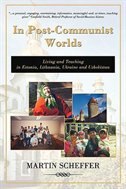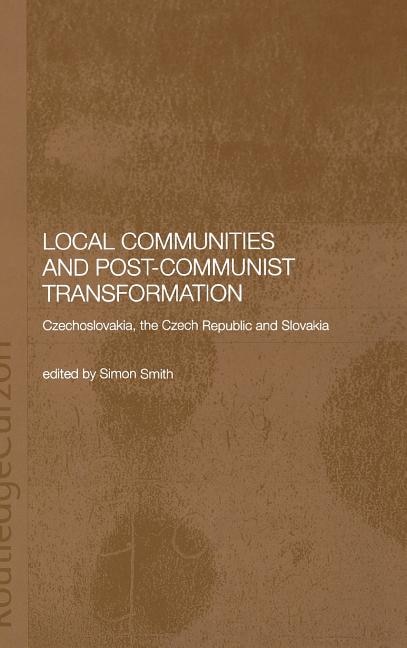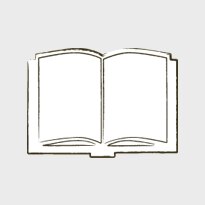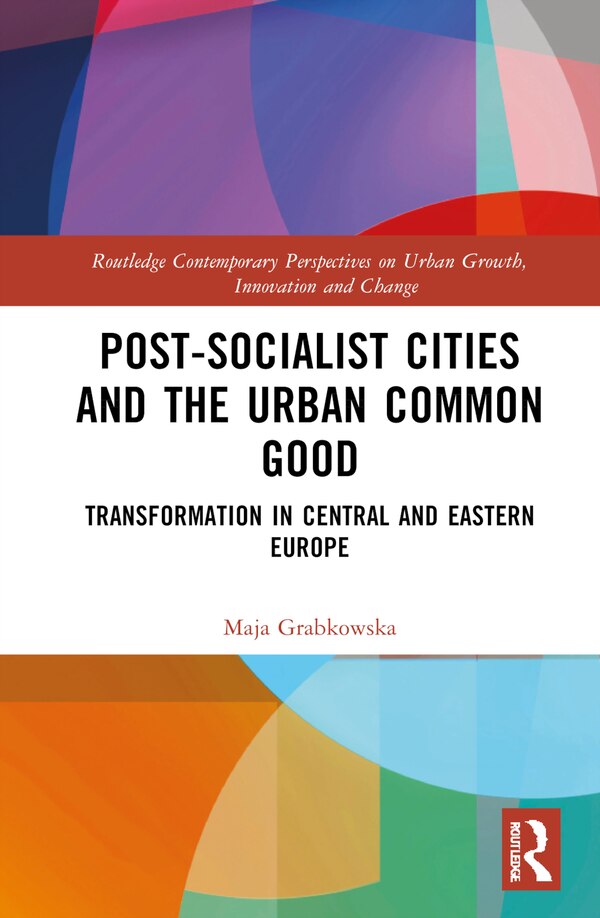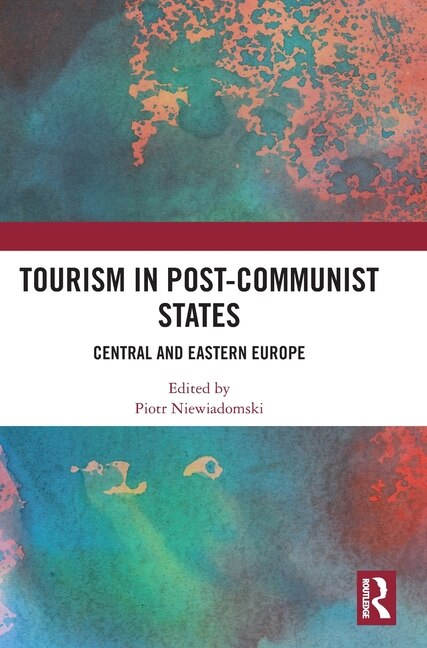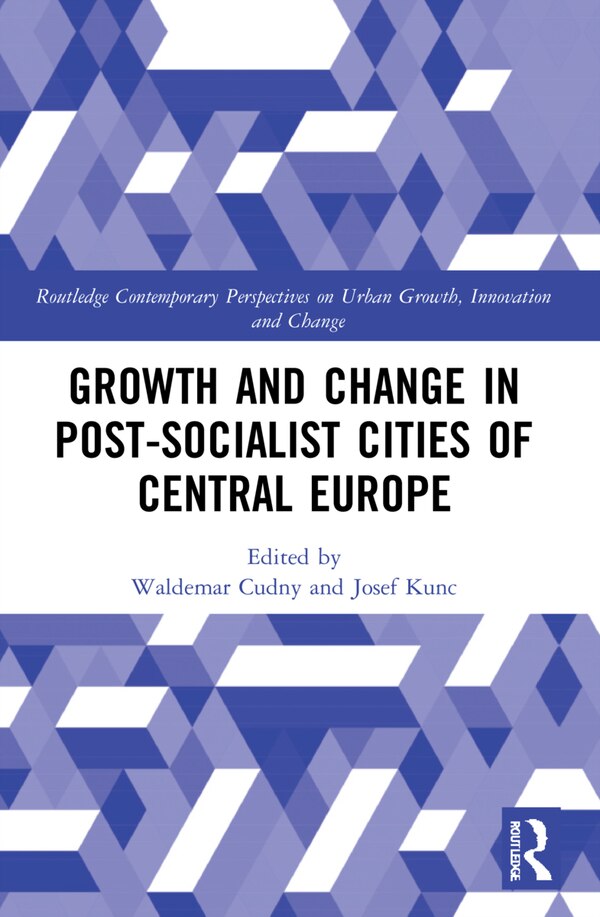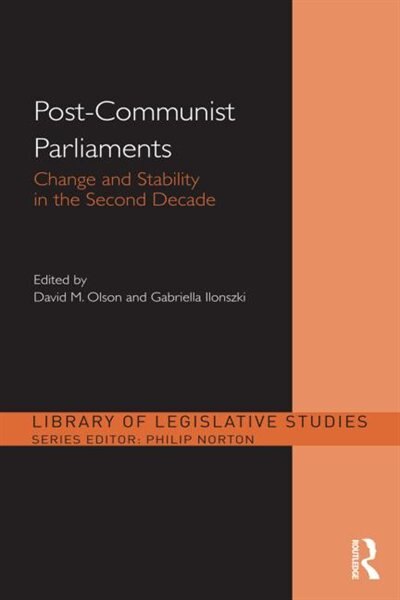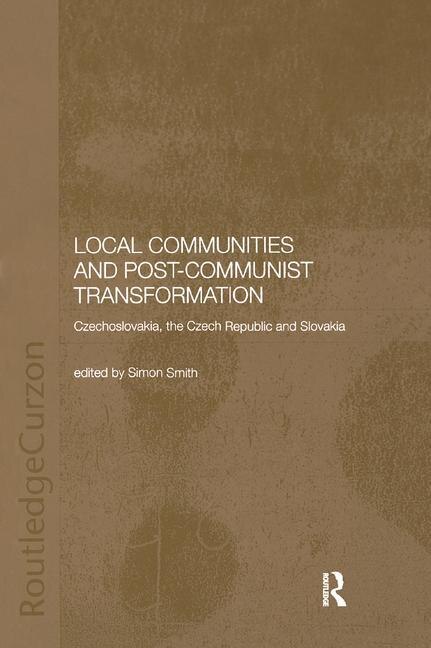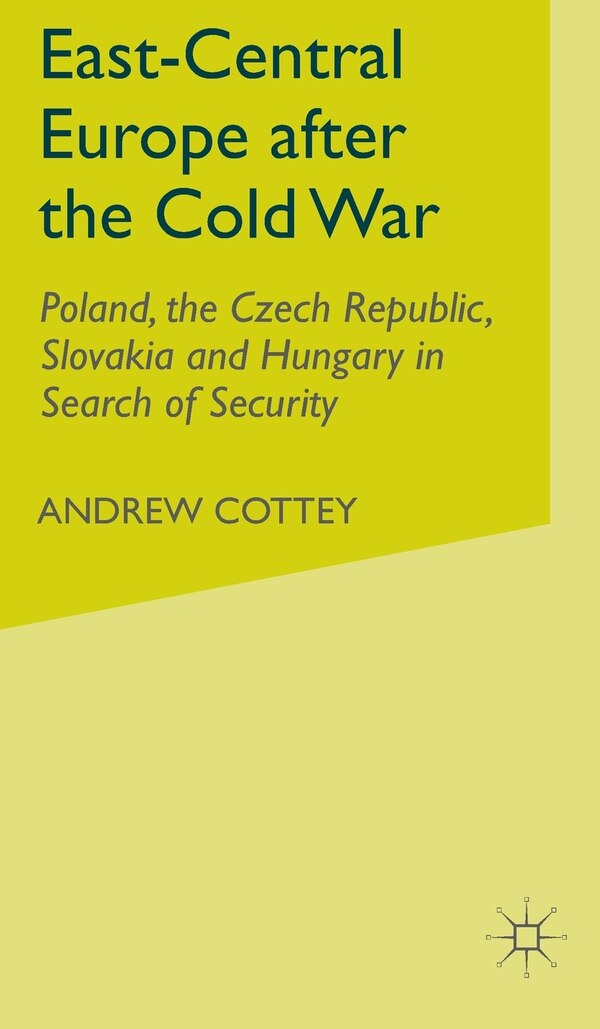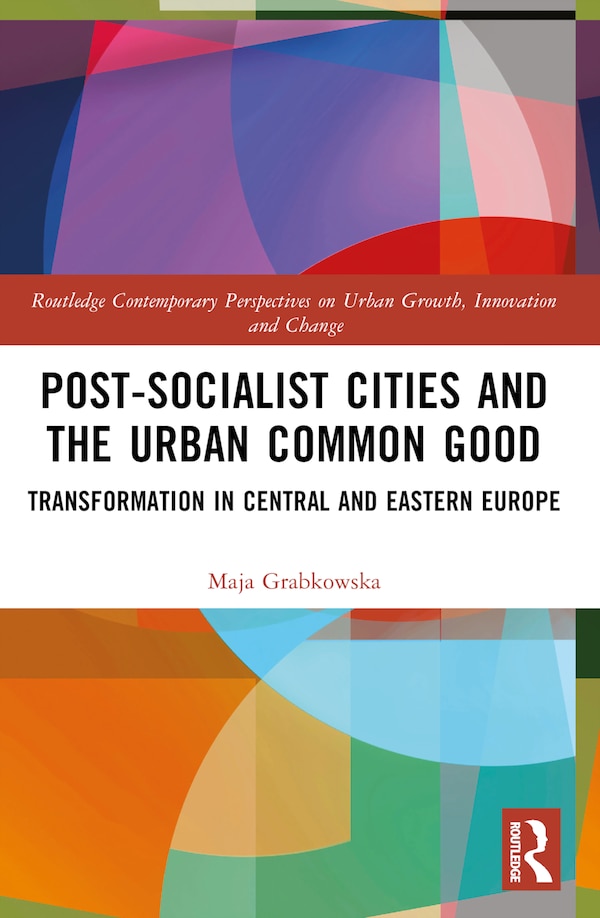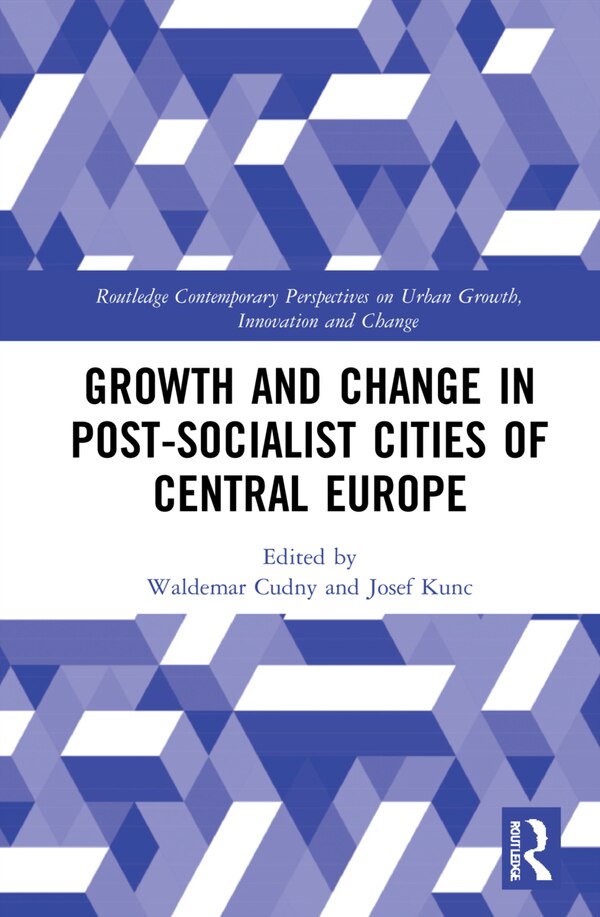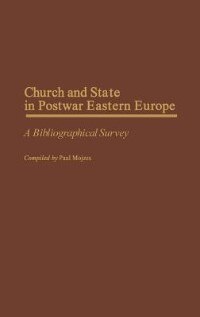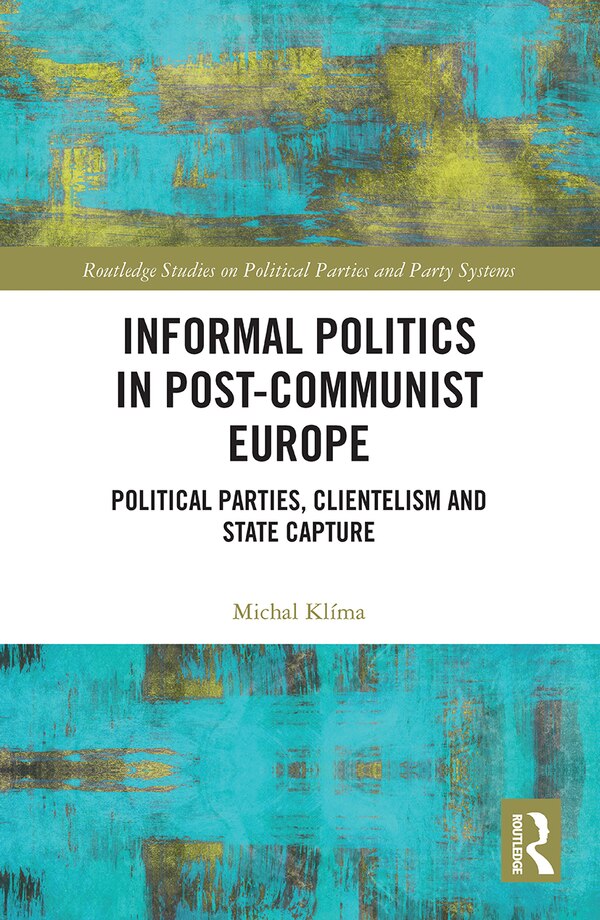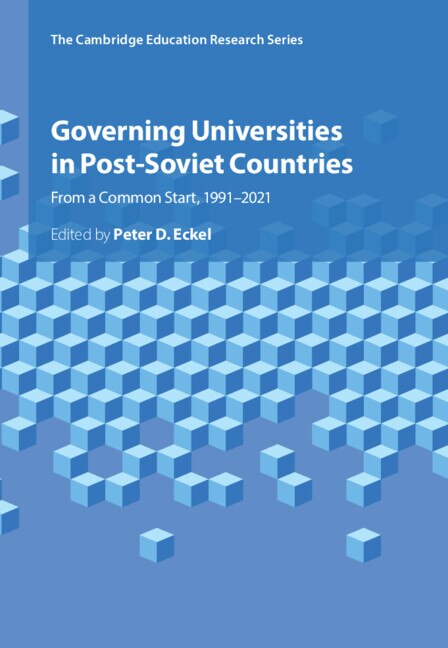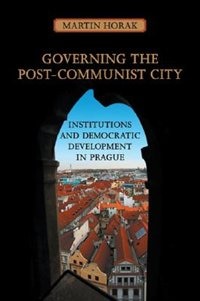
Compare Governing the Post-Communist City by Martin Horak, Hardcover | Indigo Chapters
Martin Horak
$83.00
When faced with the rapid and disorienting transition from communism to democracy, many eastern European leaders sought simple, immediately rewarding answers to complex policy problems. Undoubtedly, this hurried approach had a significant impact on the quality of democratic government in formerly communist countries. Through an analysis of urban politics in Prague between 1990 and 2000, Governing the Post-Communist City sheds new light on the factors that shaped policy in eastern Europe at the time of its democratic transformation. The first book-length study of post-communist urban politics in a city outside of Russia, Governing the Post-Communist City links the difficulties of democratic government in 1990s Prague to decisions made shortly after the fall of communism. Focusing on the issues of road infrastructure and downtown development, Martin Horak argues that local leadership was more concerned with insulating policy-making processes from public influence than with creating new policies suited to post-communist urban development. This set a precedent for the whole institutional environment of post-communist Prague and entrenched itself in the city’s politics throughout the 1990s. Original, engaging, and authoritative, this study has much to say about the political climate in Prague after the downfall of communism, and makes insightful conclusions about the factors that contributed to present political circumstances in the region. | Governing the Post-Communist City by Martin Horak, Hardcover | Indigo Chapters

